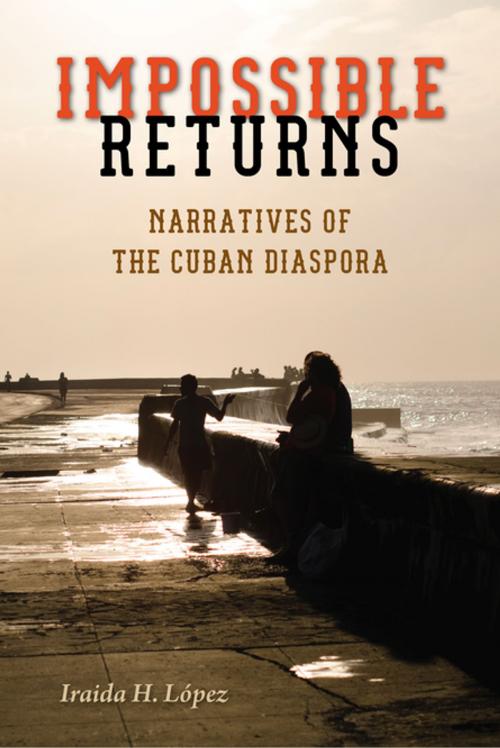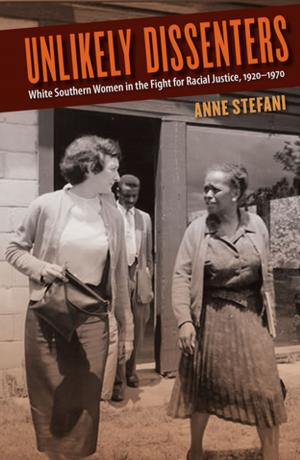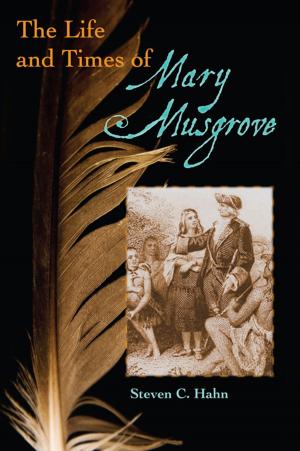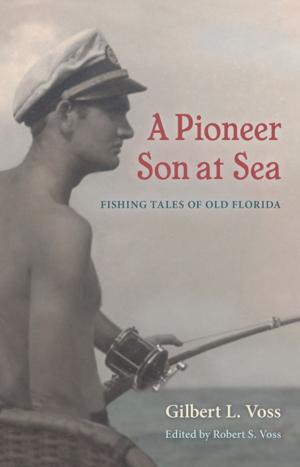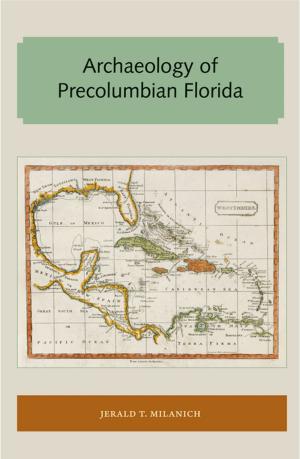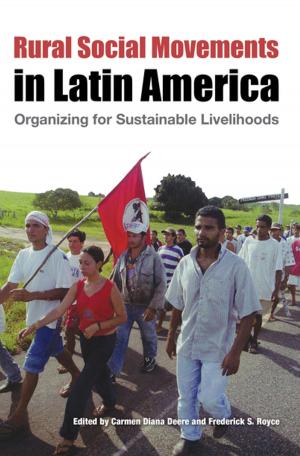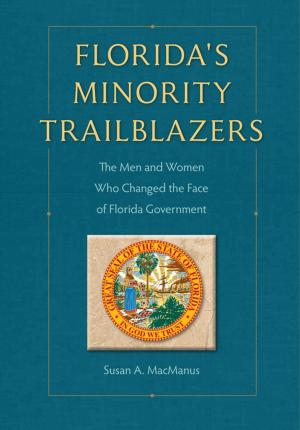Impossible Returns
Narratives of the Cuban Diaspora
Fiction & Literature, Literary Theory & Criticism, Central & South American, Caribbean & West Indian, Nonfiction, Social & Cultural Studies, Social Science, Cultural Studies, Emigration & Immigration| Author: | Iraida H. Lopez | ISBN: | 9780813063430 |
| Publisher: | University Press of Florida | Publication: | March 19, 2018 |
| Imprint: | University Press of Florida | Language: | English |
| Author: | Iraida H. Lopez |
| ISBN: | 9780813063430 |
| Publisher: | University Press of Florida |
| Publication: | March 19, 2018 |
| Imprint: | University Press of Florida |
| Language: | English |
In this one-of-a-kind volume, Iraida López explores various narratives of return by those who left Cuba as children or adolescents. Including memoirs, semi-autobiographical fiction, and visual arts, many of these accounts feature a physical arrival on the island while others depict a metaphorical or vicarious experience by means of fictional characters or childhood reminiscences. As two-way migration increases in the post-Cold War period, many of these narratives put to the test the boundaries of national identity. Through a critical reading of works by Cuban American artists and writers like María Brito, Ruth Behar, Carlos Eire, Cristina García, Ana Mendieta, Gustavo Pérez Firmat, Ernesto Pujol, Achy Obejas, and Ana Menéndez, López highlights the affective ties as well as the tensions underlying the relationship between returning subjects and their native country. Impossible Returns also looks at how Cubans still living on the island depict returning émigrés in their own narratives, addressing works by Jesús Díaz, Humberto Solás, Carlos Acosta, Nancy Alonso, Leonardo Padura, and others. Blurring the lines between disciplines and geographic borders, this book underscores the centrality of Cuba for its diaspora and bears implications for other countries with widespread populations in exile.
In this one-of-a-kind volume, Iraida López explores various narratives of return by those who left Cuba as children or adolescents. Including memoirs, semi-autobiographical fiction, and visual arts, many of these accounts feature a physical arrival on the island while others depict a metaphorical or vicarious experience by means of fictional characters or childhood reminiscences. As two-way migration increases in the post-Cold War period, many of these narratives put to the test the boundaries of national identity. Through a critical reading of works by Cuban American artists and writers like María Brito, Ruth Behar, Carlos Eire, Cristina García, Ana Mendieta, Gustavo Pérez Firmat, Ernesto Pujol, Achy Obejas, and Ana Menéndez, López highlights the affective ties as well as the tensions underlying the relationship between returning subjects and their native country. Impossible Returns also looks at how Cubans still living on the island depict returning émigrés in their own narratives, addressing works by Jesús Díaz, Humberto Solás, Carlos Acosta, Nancy Alonso, Leonardo Padura, and others. Blurring the lines between disciplines and geographic borders, this book underscores the centrality of Cuba for its diaspora and bears implications for other countries with widespread populations in exile.
